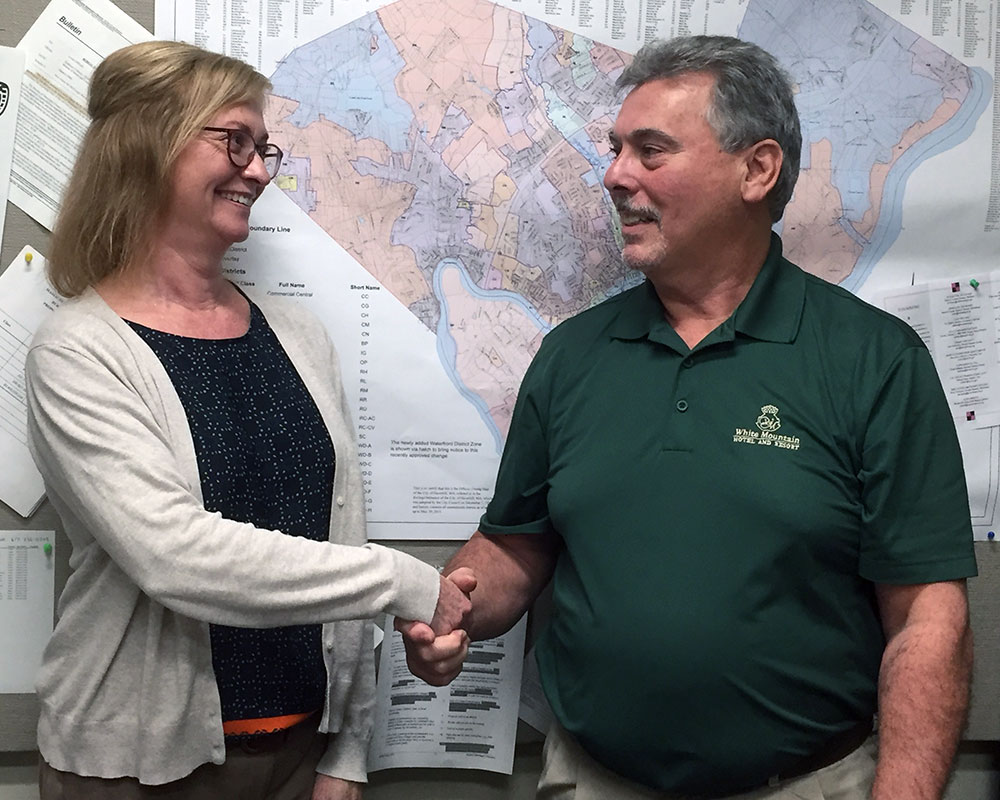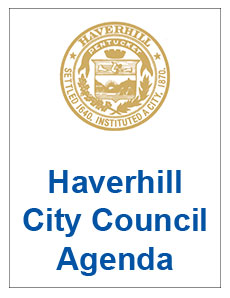One of the more contentious Haverhill City Council meetings of the year is expected to take place Tuesday when members set a tax rate for businesses and homeowners and decide on breaks for low-income seniors and veterans.
If councilors leave the allocation between residential and business the same as last year, city Assessor Christine M. Webb says, average residential tax bills will go up, while average commercial property bills will drop slightly. The average property tax bill on a single-family home valued at $345,418 will go up by $118. That’s about $4,698 a year.
The commercial property tax rate is currently shifted 63% higher, meaning the average commercial property valued at $657,911 will see taxes drop $37. That’s $16,171 a year. Webb says, unlike Haverhill’s 163% “classification” rate for commercial and industrial properties, Lynn, Lowell, Lawrence, Peabody and Methuen use 175% However, Andover uses 157% and Amesbury and Newburyport do not shift any additional burden on business properties.
Last week, Fiorentini acknowledged $11.5 million in city surpluses—known as “free cash.” He said, “We will save most of the free cash for next year’s budget and our reserves, but right now I intend to recommend that we allocate $90,000 to give low-income elderly and veterans a tax break and set aside $500,000 to make necessary repairs and improvements to the Water Street Fire Station.”
Last year, members supported two motions to use $500,000 of city surplus funds to offset the state’s Proposition 2 ½ tax limit of $104 million and set a residential factor that would establish a residential tax rate of $13.96 and corporate, industrial and personal, or CIP, tax rate of $25.33. A third motion was also supported to use $1.5 million in city surplus funds for improvement projects, including repairs for the city’s schools.
The action came after Mayor James J. Fiorentini vetoed the council’s original tax plan. This plan would have taxed to the state limit and set the residential tax rate to $14.03 and the CIP tax rate to $25.26. Before he vetoed the plan, Fiorentini said this increase would have put “too great a burden on our struggling tax payers, especially those who live on a fixed income.”


